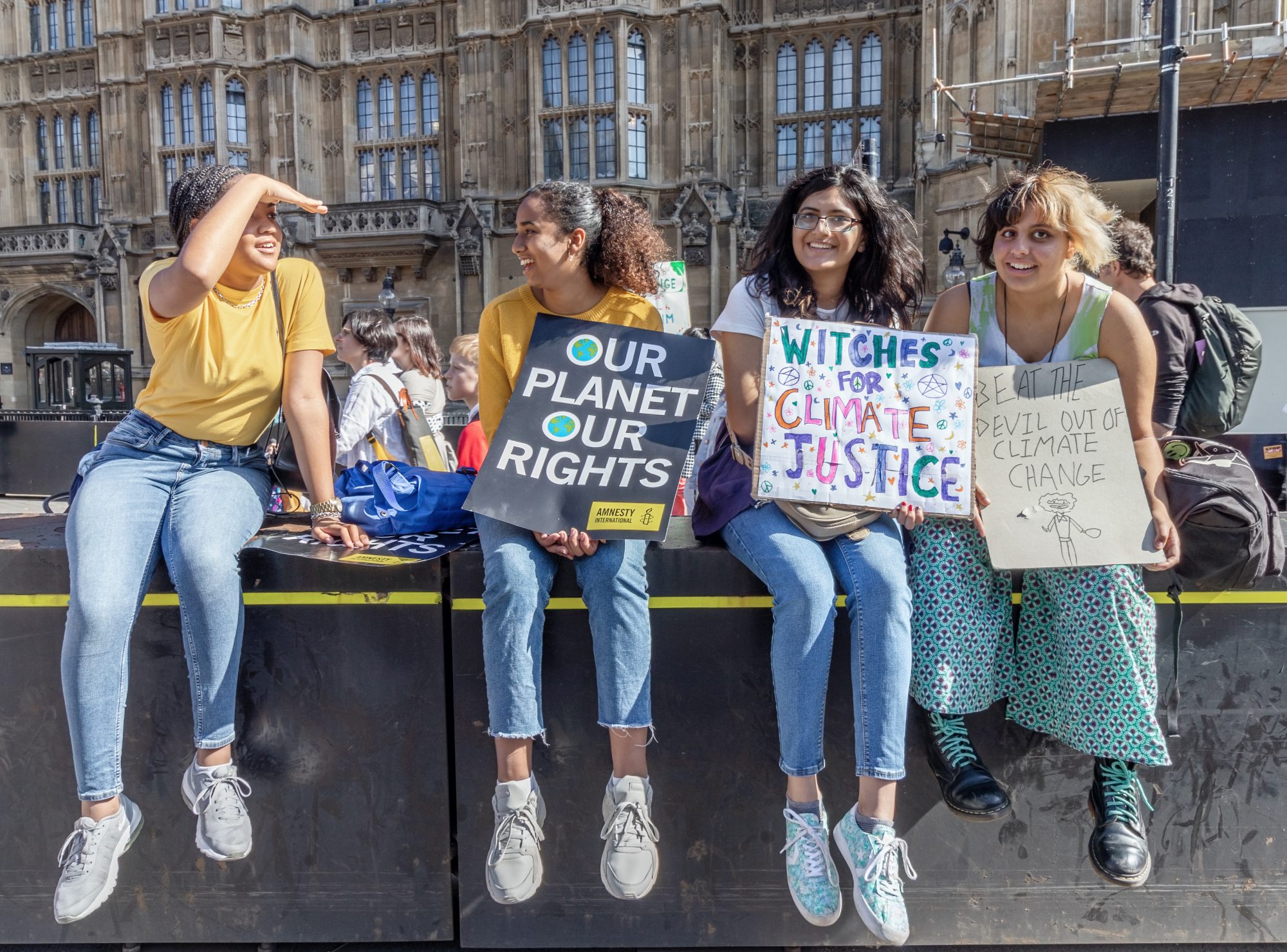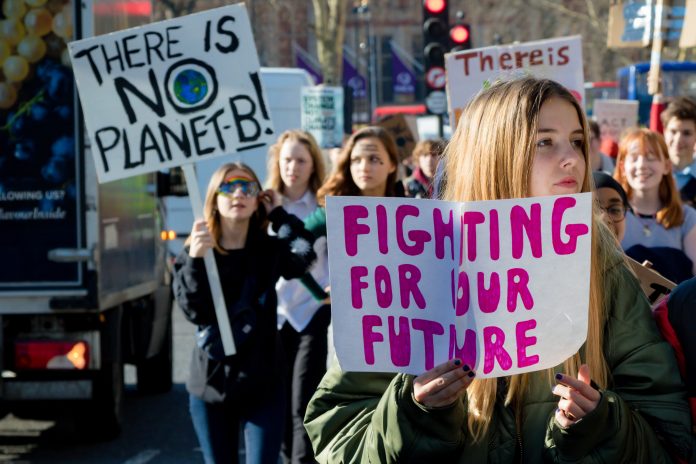Rishi Sunak has unveiled a mini-budget that proposes to change the environment infrastructure of the UK: What does that mean?
Chancellor Sunak announced an emergency summer economic update to MPs on 8 July, which comes as the COVID-19 lockdown is eased. The package is expected to cost the Treasury around £30 billion. We talk about it in broader terms, here.
Promise to create green jobs
Chancellor, Rishi Sunak, has confirmed a £3 billion green jobs plan to save money, boost employment and cut carbon emissions in the midst of the COVID-19 pandemic. Rishi Sunak has promised a green recovery through the creation of green jobs that holds “concern for our environment at its heart”.
In his much-awaited summer statement, which serves as a recovery plan for the UK economy, he outlined how he planned to tackle “profound economic challenges” with a “historic investment in infrastructure”.
The plan will create tens of thousands of jobs through bringing forward work on new infrastructure, decarbonisation and maintenance projects worth £8.8 billion.
Heart of the environment proposal: Green Homes Grant
The £3 billion Green Investment package could help support around 140,000 green jobs and upgrade buildings and reduce emissions.
As part of this package landlords and homeowners in England will be able to apply for vouchers from a £2 billion Green Homes Grant scheme that starts in September. The vouchers will be used to improve the energy efficiency of their homes through improvements such as insulation which could save some households hundreds of pounds a year on their energy bills, while creating thousands of jobs for tradespeople.
These vouchers will also be able to cover at least two-thirds of costs, up to £5,000 per house, rising to up to £10,000 to cover the full costs for low-income households.
There will also be a £1 billion programme to help make public buildings, including hospitals and schools, greener. This will aid the country in achieving its Net Zero by 2050 target, whilst investing in future prosperity. This £1 billion funding will be in addition to a £50 million fund to pilot an effective approach to deliver decarbonised social housing across the country.
Rishi Sunak has said the funding programmes would make 650,000 homes more energy-efficient, saving families £300 a year, as well as cutting carbon emissions by half a megaton per year and supporting 140,000 green jobs.
Sunak commented:
“We are doubling down on our ambition to level up, with better roads, better schools, better hospitals, better high streets, creating jobs in all four corners of our country.”
A Green Jobs Challenge Fund has also been promised by Rishi Sunak, in which he has pledged £40 million to create 5,000 jobs within environmental charities and public authorities. Furthermore, over £100 million of new funding has been set aside for carbon dioxide-reducing technology, with another £10 million set aside for new electric car development projects.

Response to the Rishi Sunak mini-budget
‘Not what a green recovery looks like’
Anna McMorrin, the shadow minister for international development, said:
“This is not what a green recovery looks like. The chancellor touts a green recovery in one breath but invests in high-carbon industry both at home and overseas in another, pumping billions into fossil-fuel projects abroad.”
‘Limited stimulatory power’
Director of the Centre for Energy Policy at the University of Strathclyde, Professor Karen Turner, said:
“Our research also shows that, while it is important to more fully support low income households in increasing energy efficiency and reducing fuel poverty, this will provide limited stimulatory power, simply because such households have limited spending power. On this basis, our research shows the important near term and sustained wider economy benefits of using public funds to support increased energy efficiency across all households. The contributory voucher scheme is a good first step in this regard.
“Crucially the announcement made today shows that actions that will help the UK meet climate change targets can also be good for people and the economy, both in the short and long term.”
“Could mark a really positive first step”
Chris Venables, Head of Politics at Green Alliance, said:
“Today’s speech could mark a really positive first step on the green recovery – but only if this ambition is continued throughout the rest of the year, and particularly in the Autumn budget. The Chancellor’s commitment to putting the environment at the heart of the recovery is obviously excellent – now we need funding and detail to turn this into reality.
“We urgently need to see a clear funding strategy for supporting public transport in its time of crisis, a long term strategy to ensure all buildings are warm and cheap to run, reversing the catastrophic declines in nature, and investing the technology of the future. The jury is still very much out on how green the UK government’s recovery will be – and we’ll be watching over the coming weeks and months.”











